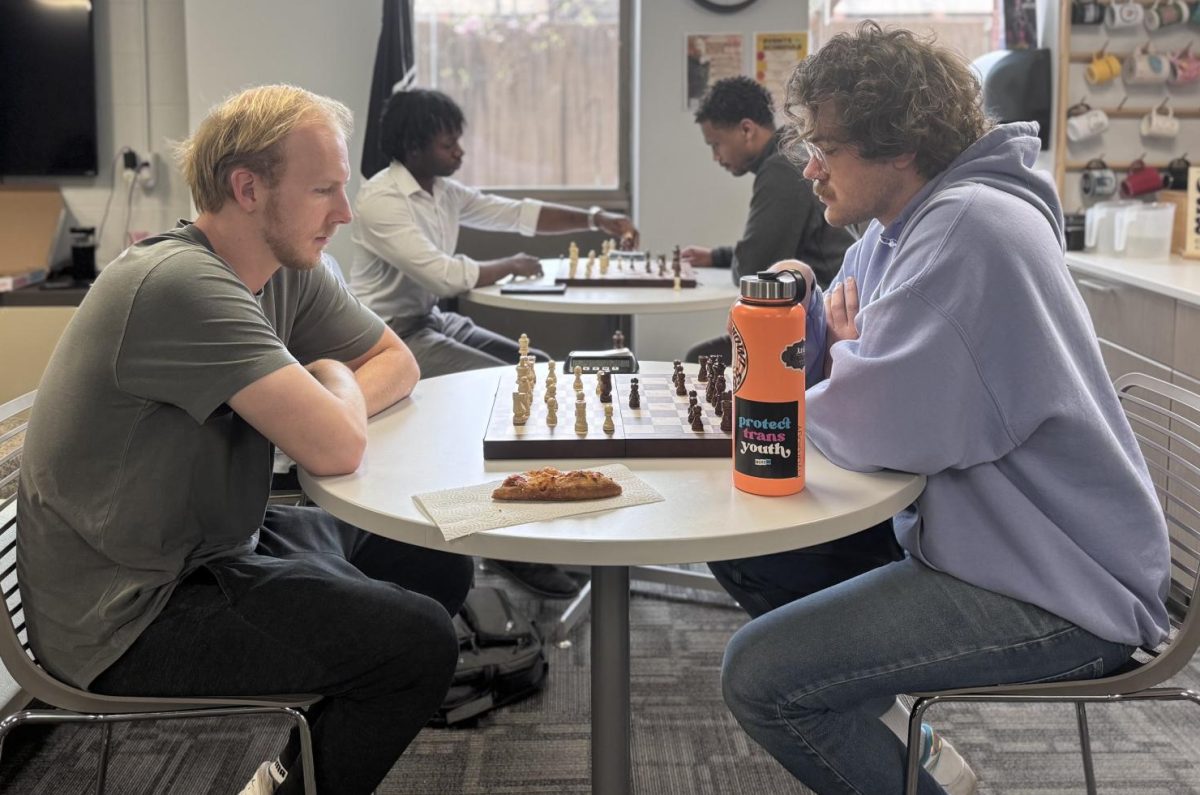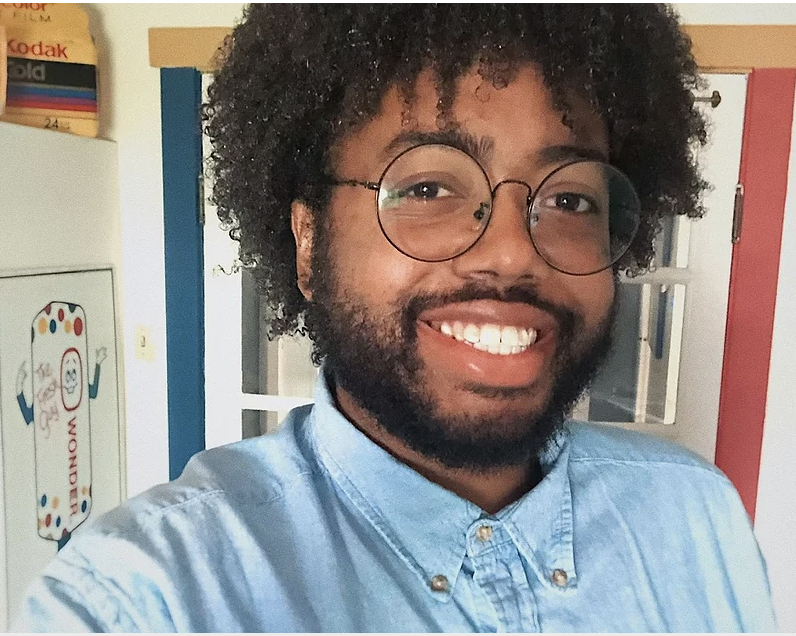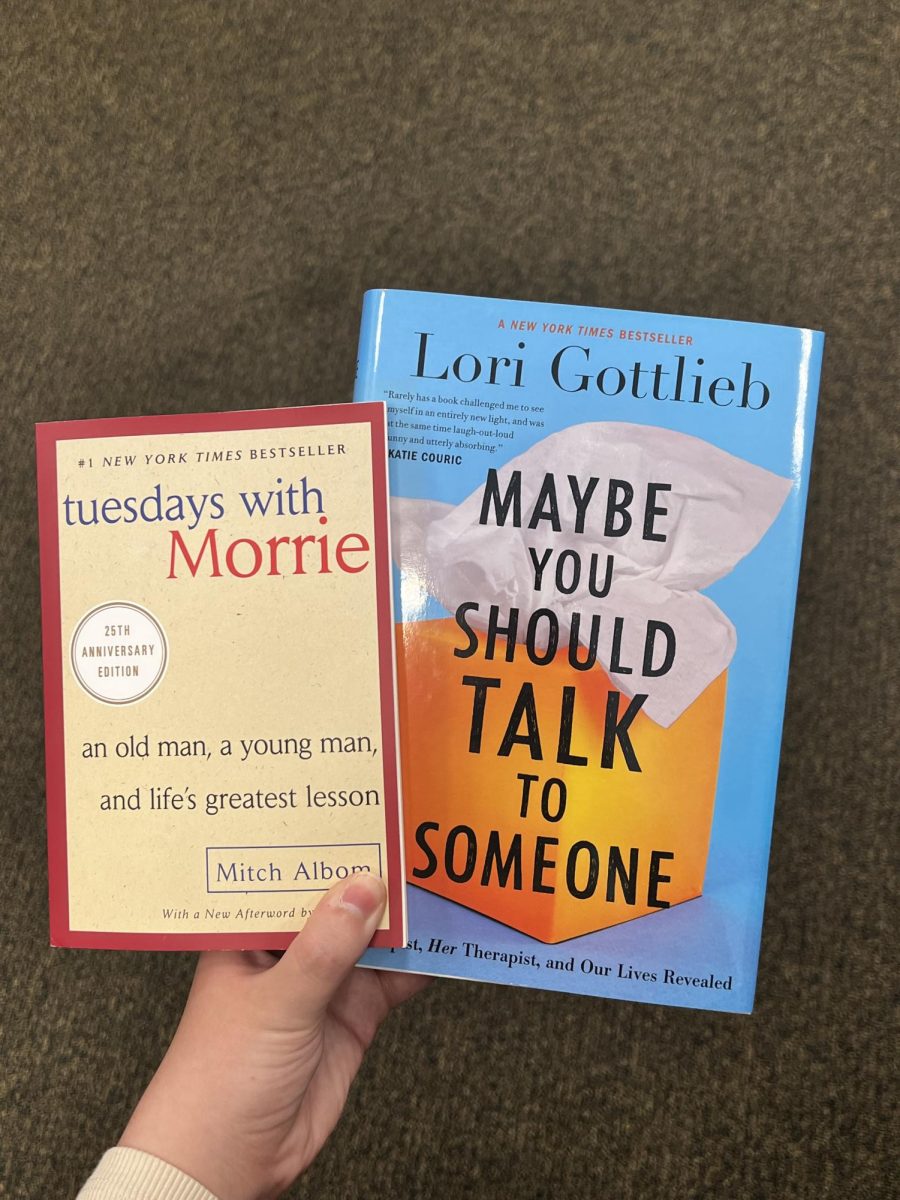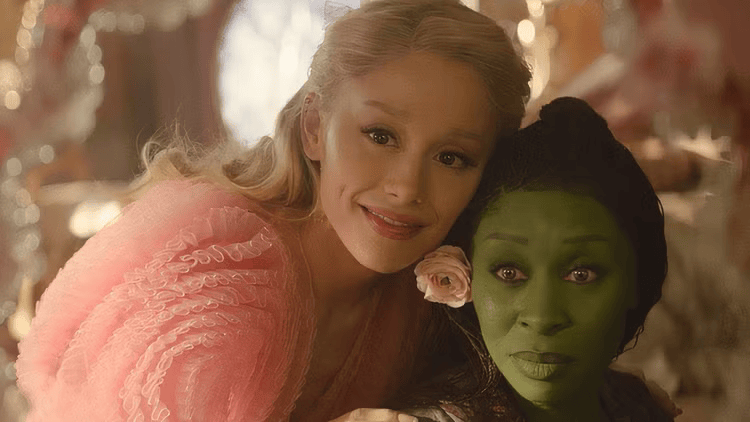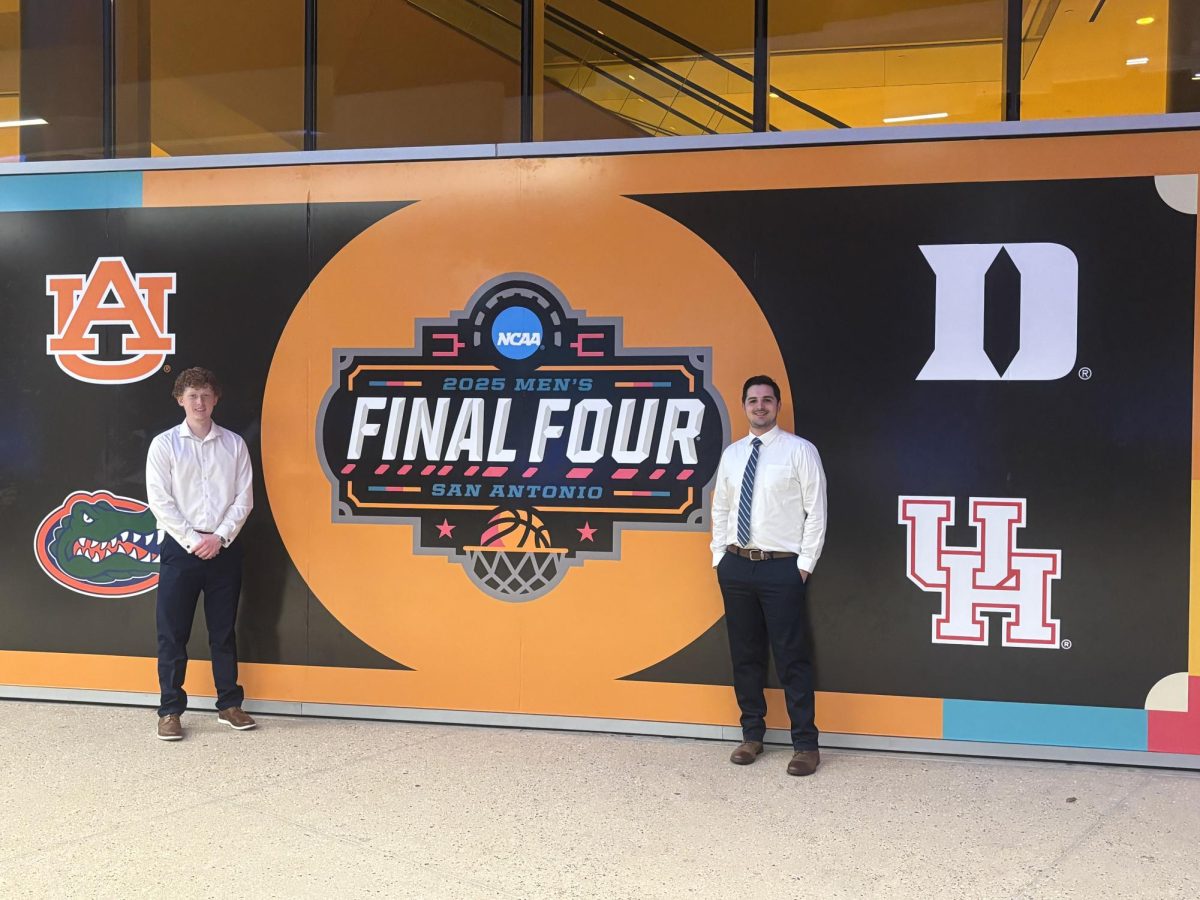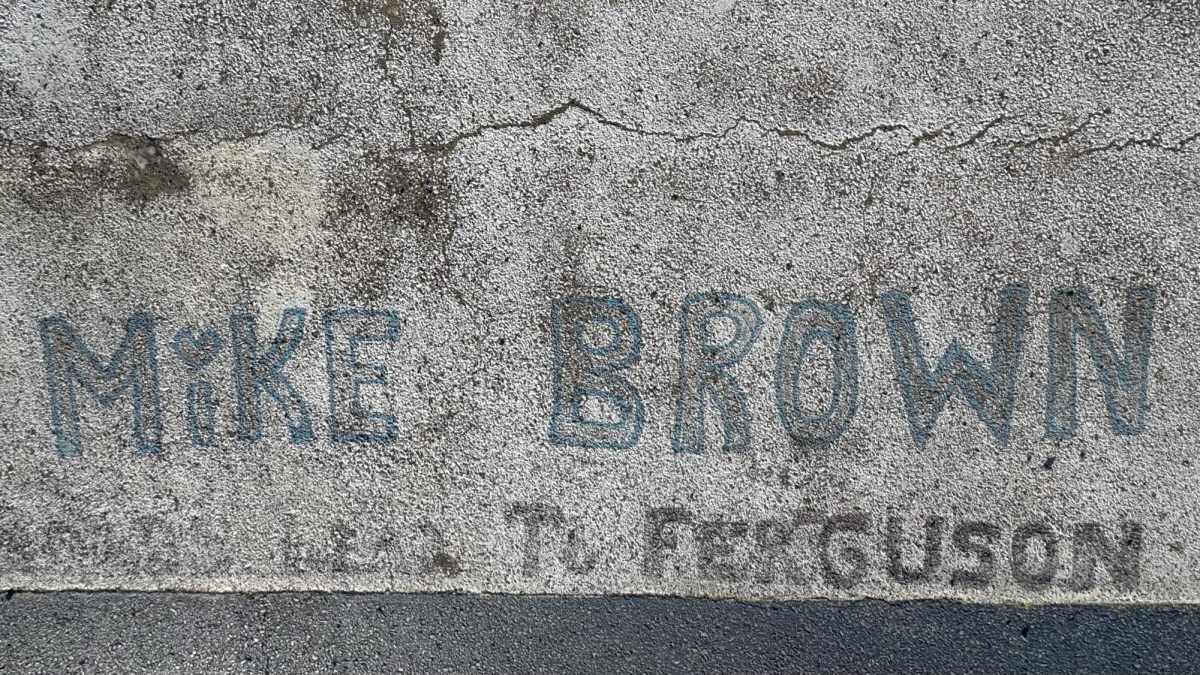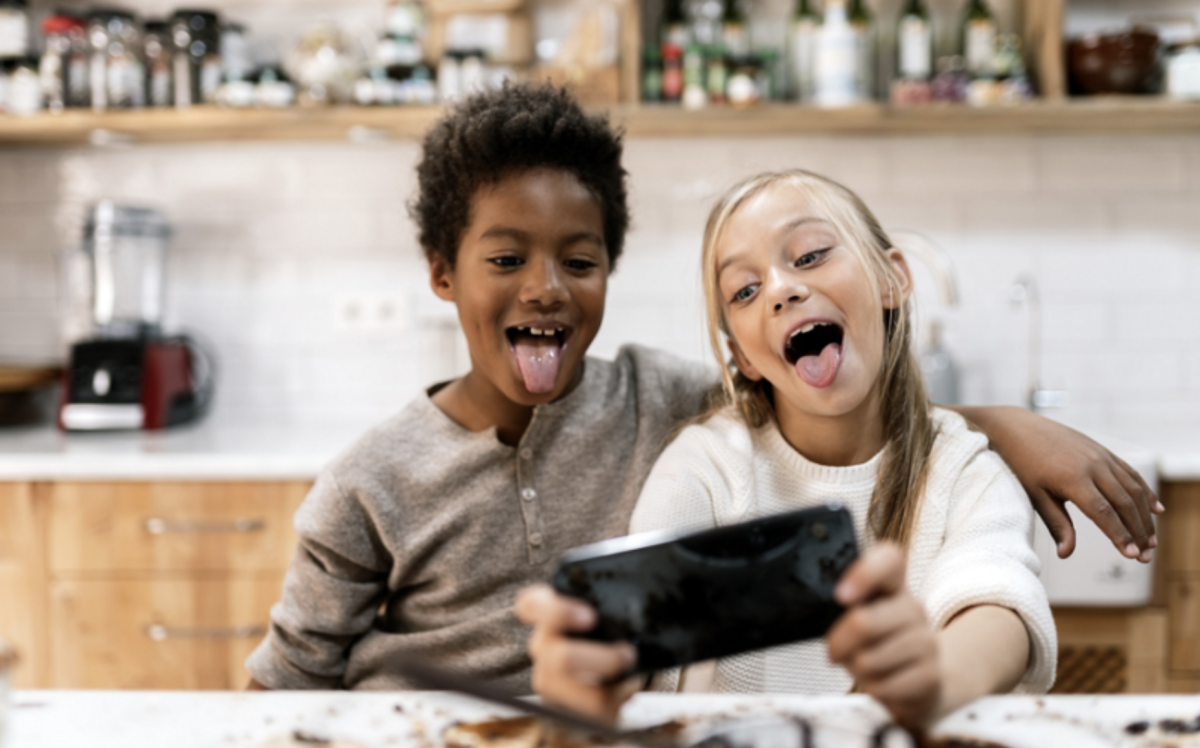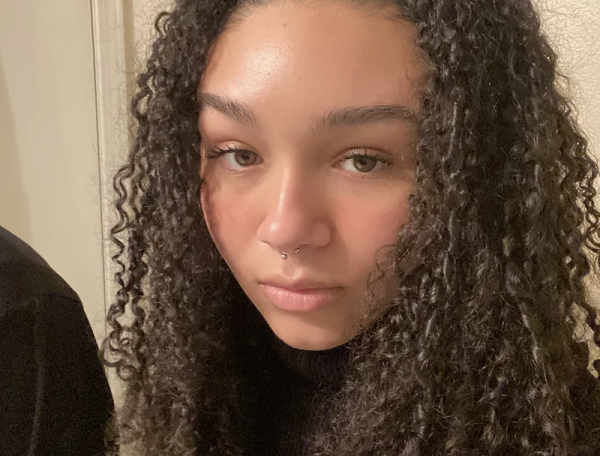By: Erica Patton
As an older member of Gen Z (people born between 1997 and 2012), I believe I can relate to many when recalling the activities I used to do as a young child. Around ages 9-14, I vividly remember still being interested in actual “kid” things. Though we were the generation that was first introduced to the idea of having technology attached to our hips throughout our lives, it seems that children now are starting the vicious cycle of social media obsession even younger.
Fortunately, I’m not the only one who has noticed this phenomenon. A widely known issue amongst the TikTok community points fingers at young preteens who have been acting absolute fools in the known cosmetic retail store Sephora and begging their parents for high-end skin care products. More specifically, TikTokers have noticed a rise in the popularity of brands like Drunk Elephant Skincare, which has left many makeup stores infested with children.
While many people are growing annoyed that they can not enter a Sephora without being stampeded by 10-year-olds, they are also noticing that preteens are essentially skipping the preteen phase, and jumping right to a phase that takes on many “teenage” interests. Other well-known products like Stanley Cups, Apple Airpod Maxes, and even overpriced leggings from Lululemon are also guilty of drawing the attention of young children who look like they would be asking for Barbie dolls for Christmas.
Ultimately, the kids these days are not being kids anymore and sure are not interested in the same child-like things that we older Gen Zers liked. Should we be pointing fingers at the parents? Is social media to blame? Are these brands responsible for this behavior? Should marketing shift the direction of their target consumers? Or are we just jealous that kids are starting their skincare routines early? Let’s take a look:
The BBC article by Features Correspondent Katie Bishop “Kids getting older younger: Are children growing up too fast?” dives into the profound discovery of how technology has developed kids as teenagers and young adults faster than ever before. According to Bishop, the average parent allows their child to have access to a smartphone by the age of 10, which most likely leads children to unrestricted internet access. Unfortunately with unrestricted access to media, children are being exposed to “teenaged” issues like disliking their appearance, body dysmorphia, dating, and many more issues that kids don’t deal with until they are actual teenagers.
When I look at this from a young adult perspective, I think Bishop has a point. Whenever I open TikTok, not only are people more comfortable with allowing their children to have social media pages but there are more child influencers than I have ever seen before. Some of them are as young as 10 years old.
For reference when I was 10, I was raiding the Justice stores for colorful skinny jeans and plastic jewelry, not an expensive retinol from Sephora. It is possible that because there are fewer malls in this day in age, children now do not have many spaces for them to find their way back to preteen-marketed stores. There are also very few “preteen” stores in any malls now, so many children may feel the need to shop at more mature stores like American Eagle, H&M, or Forever 21.
The constant demand for social media satisfaction may be the revolving issue as to why many children are getting into more mature interests at a young age, however. Drunk Elephant Skincare ultimately grew in popularity because many well-known influencers have brand deals and endorsements with the popular skincare line. And guess who has been on social media: Preteens!
There is an obvious theme as to what children have on their minds due to the rise in social media. The constant exposure to mature subjects seems to have re-wired children to dismiss their youth and jump right into their teenage years.
In the journal article “The Use of Social Media in Children and Adolescents: Scoping
Review on the Potential Risks” researchers Elena Bozzola, Giulia Spina, and more dive into the risks associated with the increase of social media usage among children. While conducting research, they found that risk behaviors associated with children and social media included topics of depression, diet culture, psychological issues, behavioral problems and even online grooming.
This may also be why we are seeing more issues with mental health across all ages. The glamorized depictions as seen on social media have created false realities for children who often compare themselves in a way to find a sense of identity. The need to “fit in” may be why children are skipping the preteen phase and immersing themselves into teenage and young adult groups who appear to have common interests like skincare.
However, there are also speculations that we young adults are comparing our childhoods too much to this new generation’s. Bishop also brings up that many people idealize their own childhoods as a very carefree, nostalgic time. She even proposes the idea that adults may be comparing overly mature children’s current childhoods to skewed, happy childhoods that do not compare to reality.
But, we can not fully blame social media for this issue. In retrospect, children are initially getting access to social media because their parents allow them to. In today’s society, the term “childhood” seems to consist of excessive use of technology at extremely young ages. For many older generations, however, childhood encapsulated times of being outside, playing with toys and having more human interactions.
Though the refinement of the term “childhood” is ever-evolving, children now are missing the valuable time that they have as actual children to embrace play and are replacing it with mindless media brands that are not trying to target kids. The mass production of teenage culture and technology goes as far as preventing children from being able to ever experience this.
But are these brands so innocent after all? Not only does the colorful packaging of Drunk Elephant appeal to children, but the trendiness of these products on TikTok has taken over the wish lists of young kids. High-end skincare brands do not care about who is using their products and will grab any opportunity to profit from all consumers, even those who are way too young to use active ingredients on their skin.
On the contrary to this opinion, Drunk Elephant Founder Tiffany Masterson came out in an article explaining that acids and retinol are not suitable for pre-pubescent skin. Drunk Elephant has denied claims of targeting children, but that claim may still be up for debate with the way consumers perceive it.
Screenshot from @drunkelephant on Instagram
Now, I know I may just sound like a bitter Gen Zer to some people, but my concern for children today genuinely lies in the fall of the preteen phase for kids. It’s sad to see that a cherished time in many of our lives is being dissolved by technology and especially social media. It is even more disheartening watching all of this unravel on the same platforms that I use as a 22-year-old. Youth is a time for children to enjoy life and play, and not to worry about having wrinkles at 11 years old.
What these juvenile skincare gurus don’t understand is that they have their whole lives ahead of them to worry about the nonsense of their teenage years. Having this stress very young may just prolong the need and want to fit in, grow up too fast, and buy the products that everyone else is buying.
Ultimately, the rate at which children seem to be growing up seems to be getting faster and more complex as social media takes over. There is a lot of gray area when it comes to defining childhood for different generations who have experienced a preteen phase that was not motivated by technology. Do I want kids to be happy? Yes, even if that involves a $40 Stanley Cup and 0.5 oz. container of salicylic acid. But I would die to see kids these days actually be kids.


